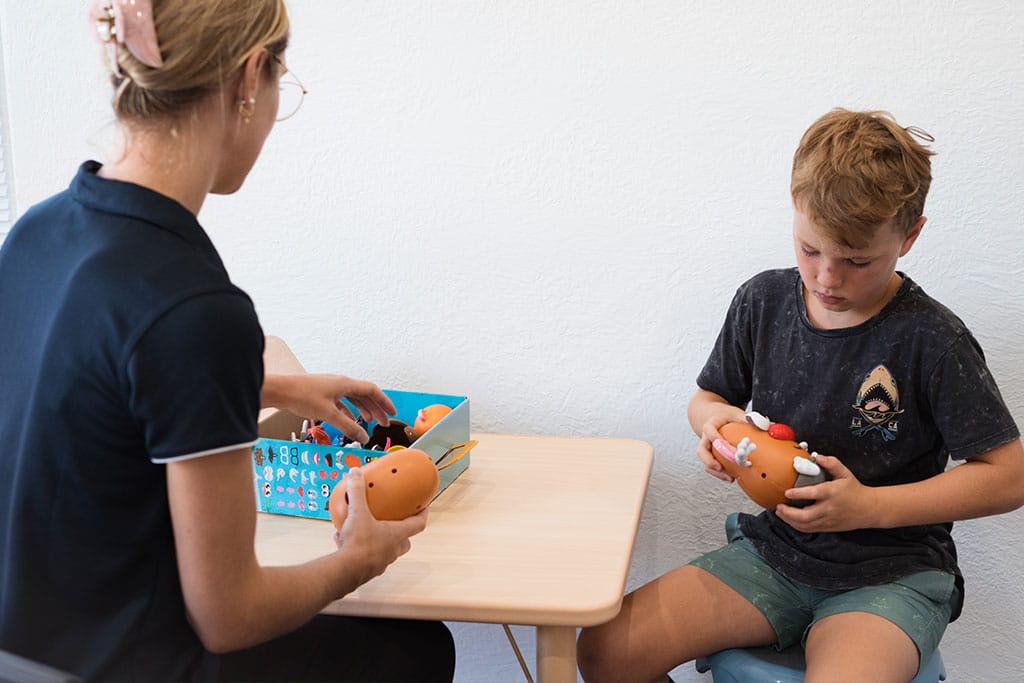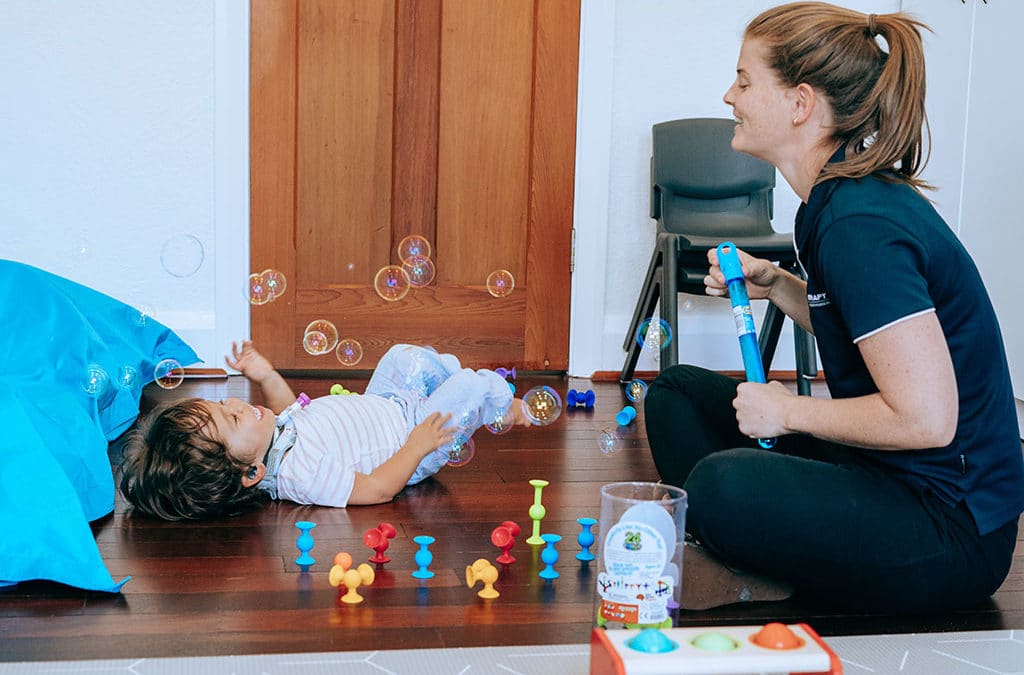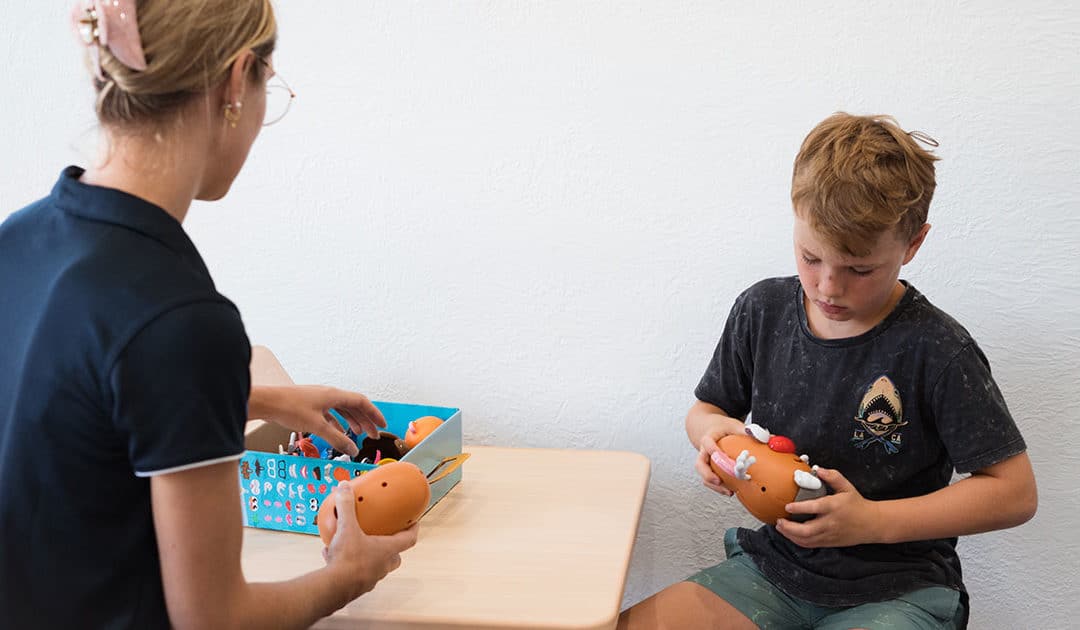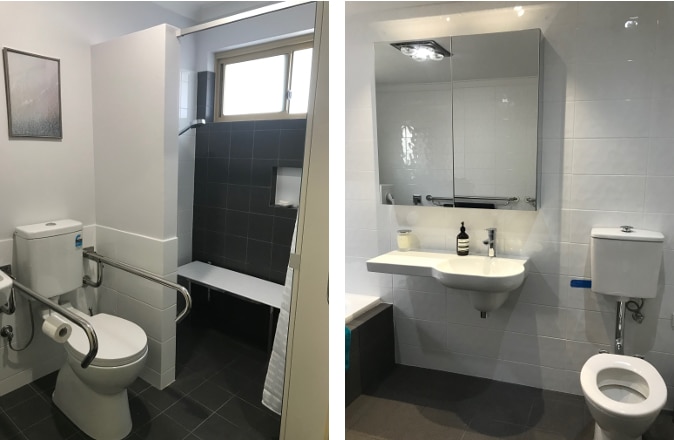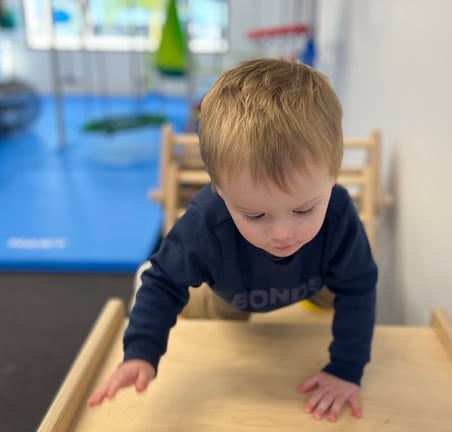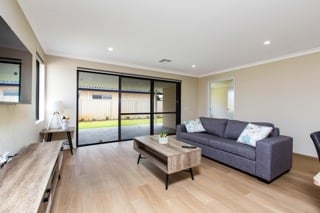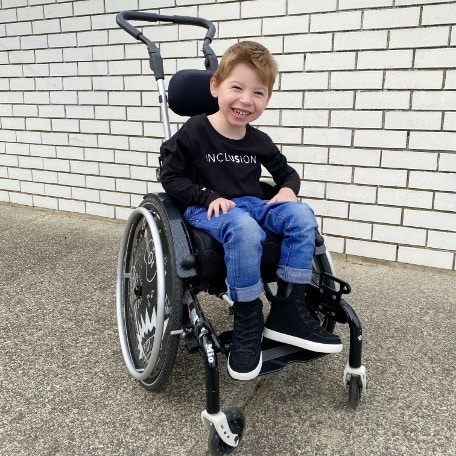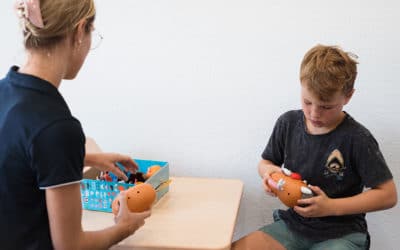Are you or a loved one living with a disability in Australia? The National Disability Insurance Scheme (NDIS) has been a game-changer, providing much-needed support to individuals with disabilities. One of the key services under NDIS that can significantly enhance your quality of life is home modifications. In this comprehensive guide, we’ll unveil the numerous benefits of NDIS-funded home modifications, emphasising the pivotal role of occupational therapy home assessments in this process. So, let’s explore how these services can positively impact your life and wellbeing.
Understanding NDIS-Funded Home Modifications
Home Modification NDIS is an essential service offered under the NDIS scheme, designed to make your home environment safer and more accessible for individuals with disabilities. These modifications are tailored to your specific needs and aim to improve your overall quality of life.
1. Enhanced Mobility and Independence
One of the primary benefits of NDIS-funded home modifications is improved mobility and independence. Occupational therapists conduct a thorough occupational therapy home assessment to identify specific challenges and barriers in your living space. Based on their findings, modifications are made to remove these obstacles, making it easier for you to navigate your home independently.
Imagine being able to move freely throughout your home, access essential areas like the bathroom and kitchen with ease, and perform daily tasks without assistance. NDIS-funded home modifications can make this a reality, boosting your confidence and self-reliance.
2. Safety First
Safety is paramount, especially for individuals with disabilities. NDIS-funded home modifications prioritise safety by eliminating potential hazards in your home. Occupational therapists assess your home environment to identify any safety concerns, such as slippery floors, uneven surfaces, or poorly lit areas. They then recommend and implement changes that mitigate these risks.
By creating a safer living space, you can reduce the likelihood of accidents and injuries, providing peace of mind to both you and your caregivers. It’s a significant step towards ensuring your overall wellbeing.
3. Customised Solutions
No two individuals with disabilities are the same, and neither are their needs. NDIS-funded home modifications recognise this diversity by offering customised solutions. Occupational therapists work closely with you to understand your unique requirements and preferences.
Whether you need to grab bars in the bathroom, wheelchair ramps at the entrance, or widened doorways for easier access, these modifications are tailored to your specific needs. This personalised approach ensures that your home is not just accessible but also comfortable and accommodating.
4. Cost-Effective Investment
Investing in NDIS-funded home modifications is a wise financial decision. These modifications can save you money in the long run by reducing the need for ongoing assistance or care services. With an accessible and safe home, you may require less support from caregivers or support workers, resulting in cost savings over time.
Moreover, NDIS funding covers a significant portion of the modification costs, making it an affordable option for individuals with disabilities. It’s an investment in your independence and wellbeing that pays off in more ways than one.
The Role of Occupational Therapy Home Assessments
Now that we’ve explored the benefits of NDIS-funded home modifications, let’s look deeper into the crucial role of occupational therapy home assessments in this process.
5. Comprehensive Evaluation
Occupational therapists are experts in assessing your physical and functional abilities. During anoccupational therapy home assessment, they conduct a thorough evaluation of your living environment. This assessment includes factors like your mobility, dexterity, and daily living requirements.
The comprehensive nature of this evaluation ensures that no aspect of your needs is overlooked. Occupational therapists take into account your current challenges and future goals, resulting in a holistic plan for home modifications.
6. Tailored Recommendations
Based on the assessment findings, occupational therapists provide tailored recommendations for home modifications. These recommendations are not generic but are specifically designed to address your unique needs and challenges. They consider factors like the type of disability, the severity of impairment, and your long-term goals.
The goal is to create an environment that promotes your independence and enhances your quality of life. Occupational therapy home assessments are the foundation upon which these customised solutions are built.
7. Collaboration and Expertise
Occupational therapists work collaboratively with you and other healthcare professionals to ensure the success of home modifications. They bring their expertise in disability and rehabilitation to the table, making informed decisions about the necessary changes.
Their knowledge of the latest trends and innovations in the field ensures that you receive the best possible solutions. This collaborative approach results in a home environment that not only meets your needs but also aligns with your aspirations.
Transforming Lives Through NDIS-Funded Home Modifications
NDIS-funded home modifications are a transformative service for individuals with disabilities in Australia. These modifications go beyond physical changes to your home; they represent a significant step towards enhanced mobility, independence, and safety.
Occupational therapy home assessments play a pivotal role in this process by providing a comprehensive evaluation, tailored recommendations, and expert collaboration. Together, these services empower you to live life to the fullest and pursue your goals with confidence.
If you or a loved one is eligible for NDIS funding, don’t miss out on the opportunity to improve your living environment and overall quality of life. Contact Evolve Therapy Services today to learn more about how NDIS-funded home modifications and occupational therapy home assessments can benefit you.
Are you ready to transform your living space and enhance your quality of life? Contact Evolve Therapy Services today to explore NDIS-funded home modifications and occupational therapy home assessments tailored to your needs. Let’s create a safer, more accessible, and independent future together.
Incorporate this comprehensive guide into your decision-making process, and take the first step towards unlocking the benefits of NDIS-funded home modifications. Your journey to a better quality of life starts here!
